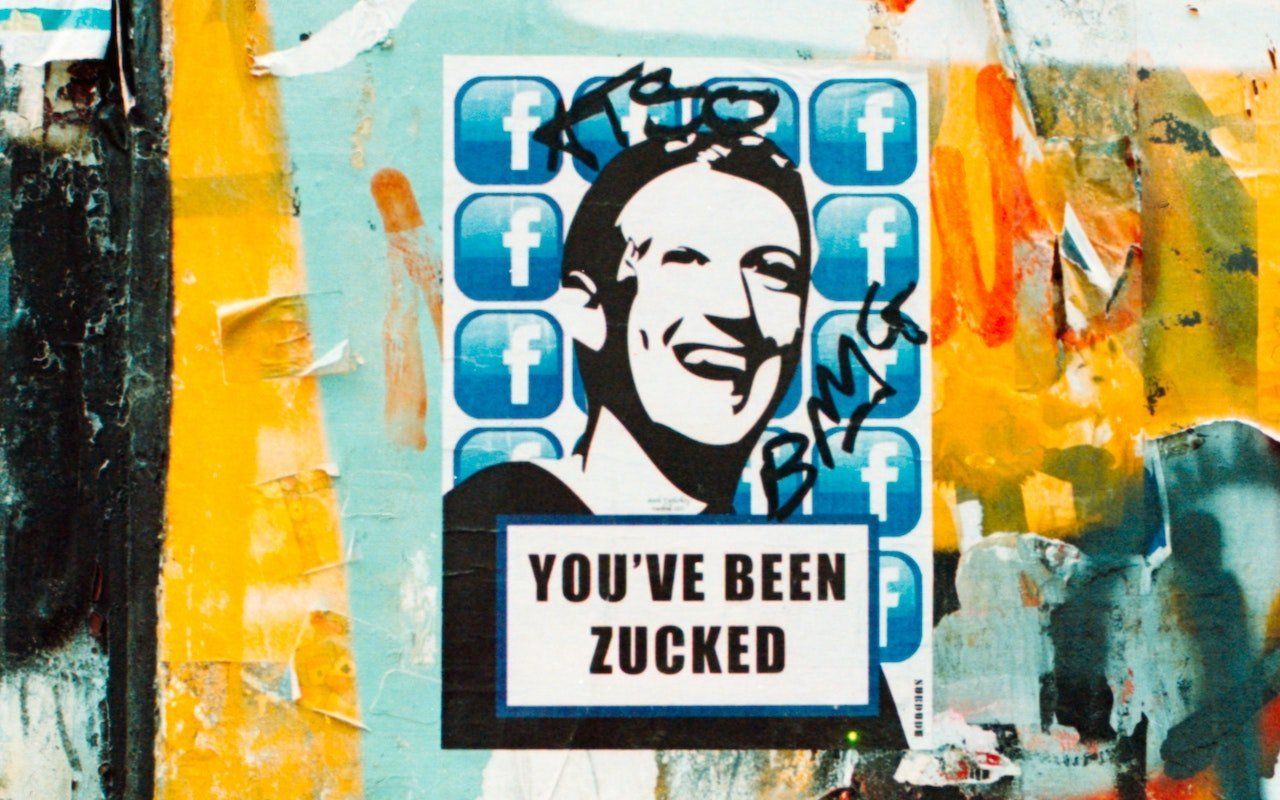Bargaining Code amendments give Facebook all it wanted and then some
We handed Facebook fewer rules and no mandatory code while giving it an excuse to gain data on what a Facebook without news looks like.

Last week, as you're very aware by now, Facebook shut off the tap (sorry, they're American, I should say 'faucet') to all news for Australian Facebook users.
Today, the government and Facebook have announced that in 'a few days' everything will go back to normal because some 'minor' amendments have alleviated everyone's concerns and will see... Facebook get everything it wanted. And more.
The News Media Bargaining Code was going to force a number of requirements onto digital giants to ensure Australian news organisations got a very nice pay day for having their content appear on search and social platforms. It was also mandating alerts of algorithmic changes that would impact on journalism with 14 days notice.
A good law should apply equally and fairly across a problem it aims to deal with. It should set standards. This Code always had two very specific targets in mind, Facebook and Google, which always made it an odd beast. After today's amendment announcements, it's a lot more like a lame duck.
The most fundamental change to the Code today is that it will no longer immediately apply to anyone. It will ONLY apply if the responsible government minister decides a given company has not provided 'significant' support to local journalism.
What does 'significant' mean? Commercial deals with news media businesses can mean anything. And Facebook has a simple Facebook News product ready to roll out. SevenWest has already now said it has a deal ready to roll with Facebook since the amendments were announced.
The amendment also says that if someone is going to be 'designated' they will be given a month of notice. Plenty of time to set things up to turn off that tap faucet again if the threat starts turning the wrong way again. And we've already seen Facebook is prepared to do it.
Frydenberg says the amendments put "more impetus on parties to engage in negotiation outside the Code." A further signal that the Code will pass into law but will essentially sit on the shelf as a stick rather than be the genuine basis for negotiations between parties that are negotiating on unequal terms.
As long as News and Nine are happy, do we really think the government will take that stick off the shelf on behalf of one or two small publishers who feel aggrieved that they didn't get a good deal? But if the Code was the basis of all negotiations, there would be no question to be asked.
I'm on the record that I thought the Code was poorly designed and would do nothing particularly helpful for the future of journalism. This was always too direct a transfer of dollars from tech giants to existing major media organisations without any requirement to see those dollars fund more journalism jobs. I can imagine some saying "but if the law is going to fail now, why are you annoyed? You didn't like it anyway!"
The changes show that the government liked to look like it was being tough on the 'tech giants' but when Facebook didn't flinch it got scared and lost its nerve. That's disappointing because:
(a) the whole world was watching, and others seemed eager to join the idea that governments wouldn't be pushed around by Facebook like that, and
(b) the alterations mean this Code will never be used, which means the entire ACCC investigation into the problems of digital advertising and the monopolistic actions of Google and Facebook was all for nothing.
After three years of investigations, hearings, submissions and legislative processes, we ended up with a badly drafted law that was largely unworkable and included requirements Facebook never seemed likely to agree to.
If we'd just enforced a smarter tax on these digital giants to prevent them siphoning off all those ad dollars from Australia back to their favourite tax havens we could have at least gotten some money. And if that actual tax had been put into an independent body to provide grants and other support mechanisms for quality journalism it really could have been a simpler overall win for journalism.
Instead Australians are unlikely to see any change to the nature of the news media landscape in Australia. There will be zero improvement to the state of Australian media diversity or public service journalism. And after so much discussion over three years? Don't expect anything to come up again about this topic from an Australian government again.
Again, no one was required to put any of the money gained from all this toward journalism – even if the deals were negotiated under the Code. Now it's just money to avoid ever getting within one month of being 'designated'.
The state of the Code now? "Please, Silicon Valley, just do anything that looks 'significant' on a press release so we never have to 'designate' you."
So Facebook is off the hook on algorithms and forced arbitration and will probably roll out its Facebook News product soon enough here to deliver its side of the deal. It doesn't lose a thing, save for executing on a plan it already had in another market.
But it also got a perfect excuse to gain some wildly valuable data for the future of the company. It got to actually turn off ALL news for a week in a commercially valuable Western market that is notorious as a high quality 'test market'.
The insights gained in how users use the platform, engage with content, contacts, and groups, and how ads perform will have been incredibly useful to how it maps news into the future of the platform.
Yes, it copped some bad PR. It has lost so much credibility that it's been easy to frame the company as the 'bad guy' even when it makes rational decisions related to bad laws in far away countries. So some will see these changes and a return of Australian news to Facebook as Facebook backing down. I'm sure the Australian government will happily claim it as a win for itself.
But make no mistake. Facebook did not lose anything it wasn't always willing to give. And it gained a lot of value from being able to show how deeply it cuts a society when it decides it doesn't want to play nice.
Byteside Newsletter
Join the newsletter to receive the latest updates in your inbox.



